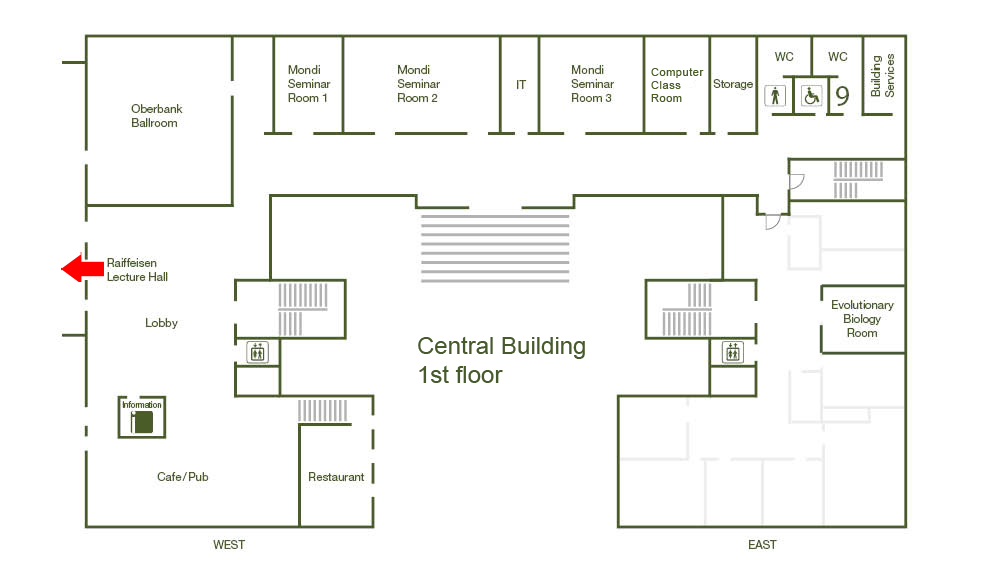Commemoration Lecture - The other ends of history: from Neoliberalism to Illiberalism.
Prof. Philipp Ther - University of Vienna

The year 1989 marks the beginning of the global hegemony of Neoliberalism. It was preceded by the collapse of state socialism, the economic crisis of Yugoslavia as the most important representative of a “Third Way” and by the “Washington Consensus”, an economic concept which was initially intended for Latin America and then served as a blueprint for reforms within Post-Communistic Europe. Neoliberal success stories like those of Chile and Poland also had reverberations on the West. These reverberations will be discussed by Professor Ther alongside the radicalization of Neoliberalism at the turn of the millennium, which eventually led to the 2008-9 global financial crisis. In addition, Ther will discuss the widespread expectation during the post-1989 period that the creation of unrestrained market economies would go hand in hand with democratization.
Philipp Ther is Professor of Central European History at the University of Vienna, where he also guides the Research Cluster for the History of Transformations (RECET). Three of his monographs have been published in English: Europe since 1989: A history (the German original was awarded with the non-fiction book prize of the Leipzig Bookfare); The Dark Side of Nation States: Ethnic Cleansing in Modern Europe, and Center Stage: Operatic Culture and Nation Building in 19th Century Central Europe. In the fall his most recent book The Outsiders: Refugees in Europe since 1492 will be published by Princeton UP. His most recent German book is Das andere Ende der Geschichte: Über die Große Transformation. In 2019 was awarded the Wittgenstein Prize by the Austrian Research Fund.